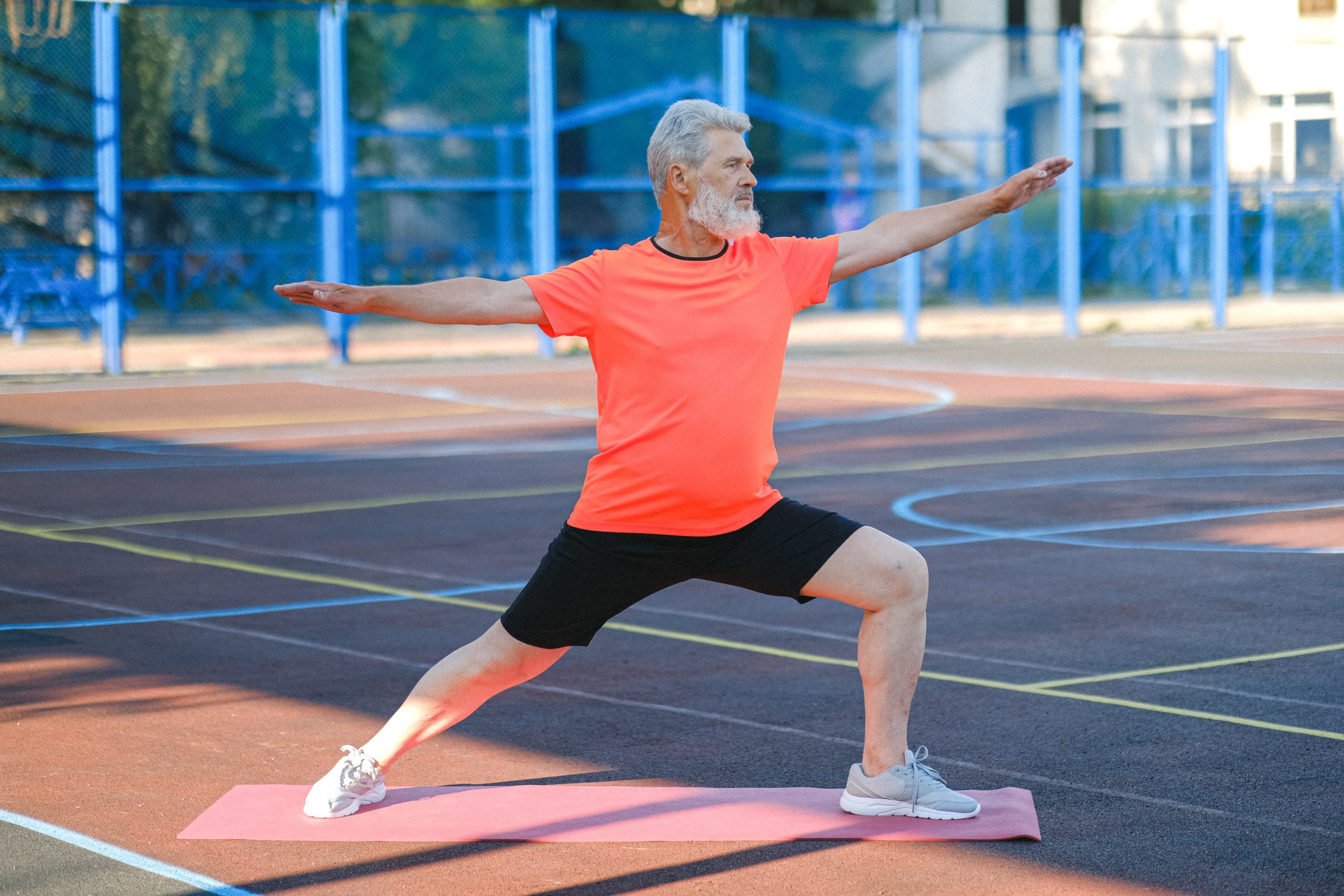Fitness, Not Age (Reuters Health) – – Although many prostate cancer patients are elderly, new guidelines from the International Society of Geriatric Oncology say that the men’s treatment should be based on their individual health status, not on their age.
Elderly patients who are frail or who have multiple health conditions may not be able to handle aggressive cancer treatment, but aggressive treatment may be the best course for healthier older patients, the guideline authors write January 11 in European Urology.
“If the health status of the patient is okay, the treatment of elderly patients is basically the same as their younger counterparts,” said lead author Dr. Jean-Pierre Droz of Claude-Bernard Lyon 1 University in France.
“There is no real difference in the approach, however, there are adaptations of treatment based on the patient’s health status,” Dr. Droz told Reuters Health by email.
To update the Society’s 2014 guidelines for treating elderly prostate cancer patients, the task force reviewed articles published between 2013 and 2016 on treatment of prostate cancer patients over age 70 and each member proposed guideline changes. The results represent their consensus.
The first recommendation is that doctors should decide the treatment of an older patient based on the man’s individual health status and not according to his age.
Elderly patients should be treated like younger patients if they meet certain standards of health, including considerations of physical fitness, nutrition and other health conditions, they write. Fitness, not age is the contributing factor.
The authors recommend assessing each patient with what’s known as the G8 screening tool, which covers food intake, weight loss, body mass, mobility, neurological issues, medications, health status and age.
If the G8 produces an abnormal result, further evaluations should take into account whether patients have other health conditions, can perform basic daily activities and if they have had any recent unintentional weight loss.
Healthy patients should be able to tolerate any standard treatment, while patients considered frail must receive treatment to try to reverse their impairments before they can receive standard cancer therapies, according to the authors.
Patients with untreatable health problems should receive treatment for their symptoms and may be able to handle adapted cancer treatments.
Doctors should also screen patients for mental impairments during the first evaluation to determine if they are able to make their own treatment decisions.
“The patient’s decision is important and sometimes there are choices which must be done because there are two different treatments which are equivalent,” Dr. Droz noted.
Lastly, doctors deciding a treatment method must consider how severe or advanced the prostate cancer is.
First treating a frail patient for reversible health problems can be effective in helping them withstand the standard treatment given to younger patients, said Dr. Joaquim Bellmunt, a researcher at the Dana-Farber Cancer Center at Harvard University in Boston who was not involved in the study.
There are a variety of factors doctors may want to consider in treatment, he added. “Assessment of social situation, financial resources, access to services, patient preference (in terms of goals of therapy) are all relevant,” Dr. Bellmunt said by email.
“Elderly prostate cancer patients could receive the same treatment as the younger patients but it may be adapted to their impairment or health status,” Dr. Droz said. “Chronological age is not the most important. What is important is health status.”
An interesting fact that fitness, not age is the guideline that doctors use to choose cancer treatment for the patient.

